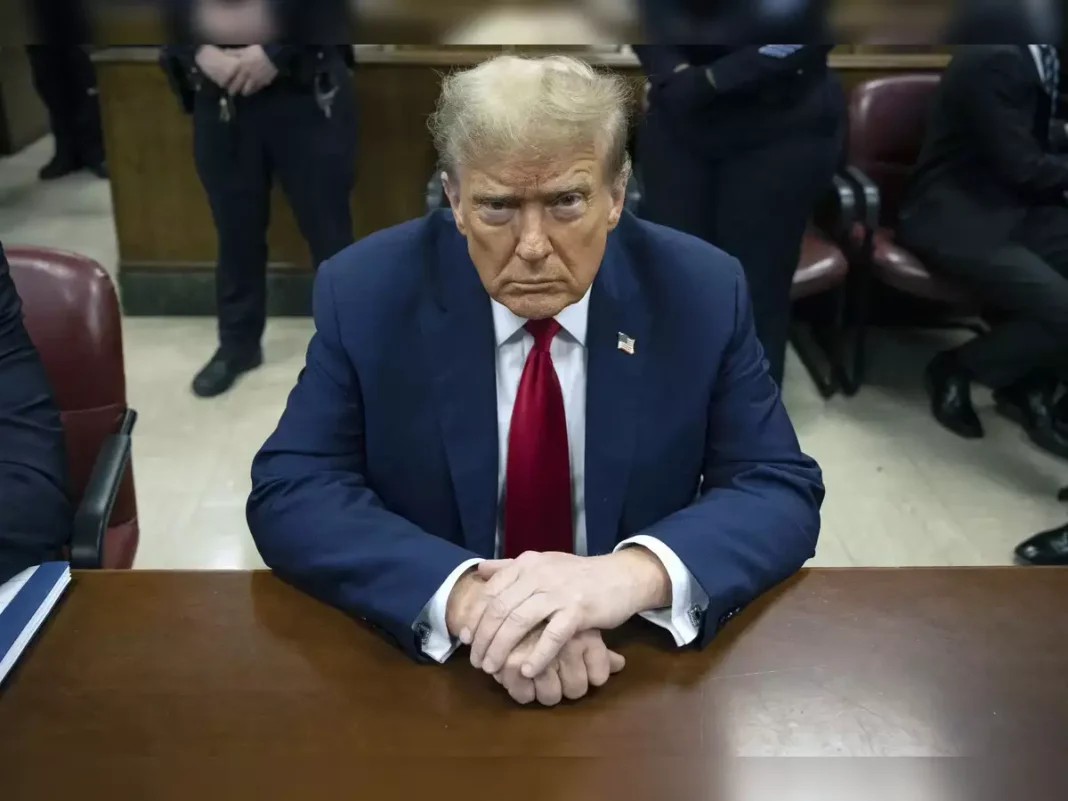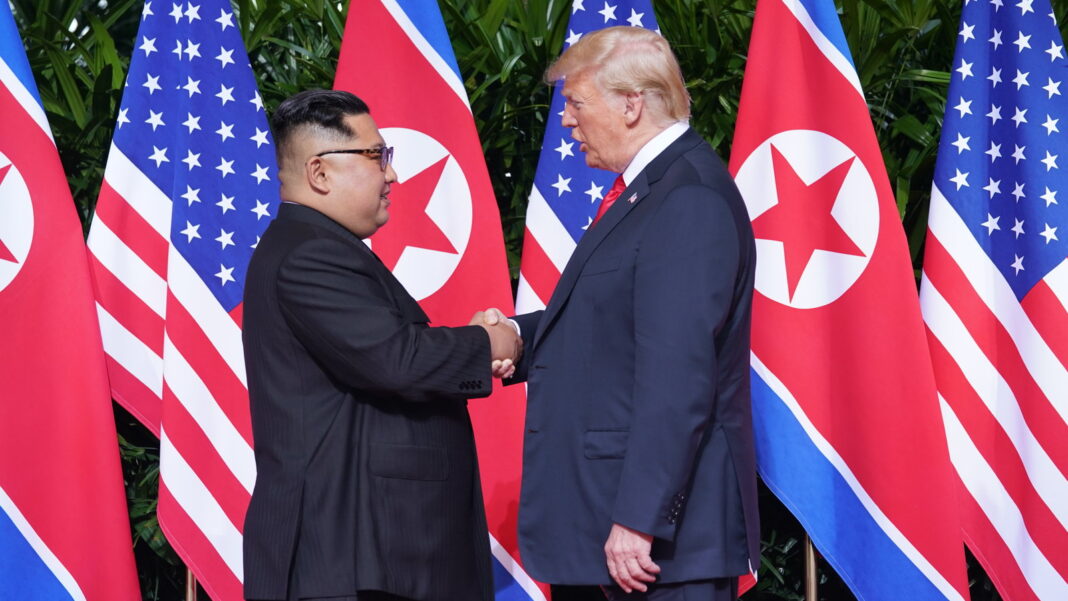In a bold legal maneuver, a coalition of 14 states, led by America First Legal (AFL) and the State of Iowa, has filed an amicus brief urging the Delaware Court of Chancery to either delay or dismiss a lawsuit against President Donald Trump. The case, United Atlantic Ventures, LLC v. Trump Media and Technology Group Corp., involves a commercial dispute over ownership and board seats related to Trump’s social media platform, Truth Social.
The lawsuit, originally filed in December 2024, accuses Trump of improperly transferring shares of Trump Media & Technology Group (TMTG). However, with Trump now serving as President, AFL argues that civil litigation could distract him from his role as Commander-in-Chief.
Legal Battle Over Truth Social
Truth Social, launched in February 2022, was created in response to Trump’s permanent Twitter ban. The platform has since become a key part of his media and political influence. The lawsuit, initially filed before Trump’s reelection, has now become a constitutional debate over whether a sitting President should face civil litigation unrelated to his official duties.
The coalition insists that state courts lack authority to adjudicate lawsuits against a sitting President, warning that allowing the case to proceed could set a dangerous precedent for future leaders. “The President’s ability to govern effectively must not be compromised by private legal disputes,” the brief states.
Support From 14 States
The amicus brief has the backing of attorneys general from Iowa, Alabama, Arkansas, Florida, Georgia, Louisiana, Mississippi, Missouri, Montana, Nebraska, North Dakota, Oklahoma, South Carolina, South Dakota, and Texas. These states argue that legal distractions could hinder presidential duties, particularly on national security and economic policies.
Dan Epstein, Vice President of AFL, emphasized that a President cannot be unwillingly burdened by lawsuits while leading the nation. “The sovereignty of states is important, but the authority of the President is paramount,” he stated.
What’s Next?
The court’s decision could have far-reaching consequences for presidential authority and civil litigation involving sitting leaders. If the lawsuit is delayed, it could reinforce the principle that a President’s duties take precedence over private legal matters. However, if the case proceeds, it could open the floodgates for more legal challenges against sitting presidents.
Stay tuned as this case unfolds, shaping the future of presidential immunity and executive authority.


